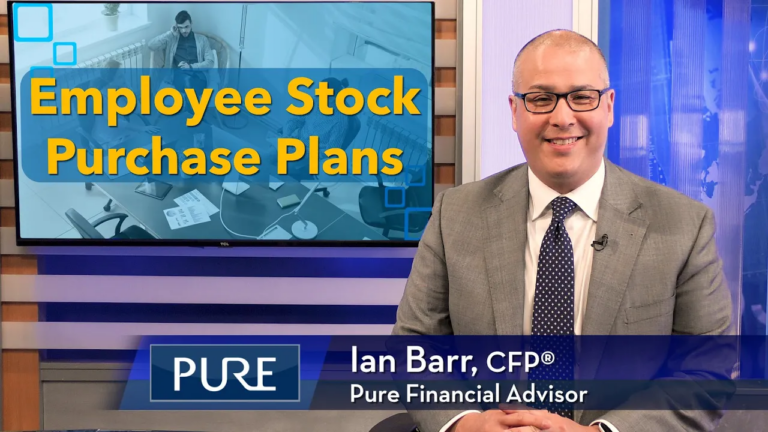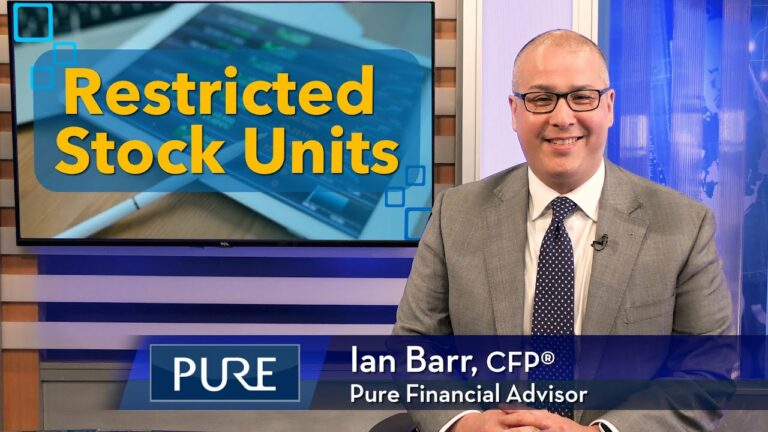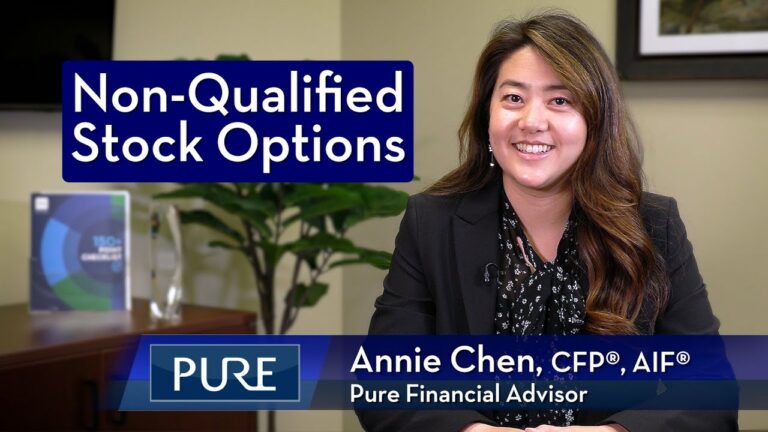Senior Financial Planner, Brian Sauter, CFP®, AIF®, reviews three strategies for charitable giving and how to maximize your tax deductions.
FREE GUIDE | Charitable Giving: Steps on Informed Giving
Transcript
There are several ways that you can donate to charity. You can use cash or check, appreciated stock or real estate, clothing, household items, vehicles and of course, you can always donate your time. Most people think of a tax deduction when they’re donating bags of clothing or writing a check to charity. But, if you donate a considerable amount, there are multiple strategies to consider. Today we’ll go over these strategies for charitable giving and how to maximize your tax deductions from them.
First is a Qualified Charitable Distribution, or QCD. A Qualified Charitable Distribution is a strategy where you can donate all or a portion of your Required Minimum Distribution or RMD from your IRA directly to a charity. To qualify, you must be of RMD age which is currently age 72. The maximum amount you can give to charity through a QCD is currently $100,000 per person. Because QCDs are excluded from an individual’s gross income, they may provide a higher tax benefit than if an individual were to distribute their RMD to their bank account and then give that money to a charity.
Second is a Donor-Advised Fund. A Donor-Advised Fund allows you to front load the tax deduction from charitable contributions in the current year. Securities or cash can be contributed to the fund. The amount contributed to the fund is considered a charitable gift in the year the assets are contributed. Assets in the fund can then be distributed to a charitable organization in later years. These distributions must be to a charitable organization and are not considered a charitable gift in the year of distribution. Utilizing a Donor Advised Fund can be particularly beneficial if you are in a higher tax bracket currently than you will be in the future, as the charitable deductions will save you more when you are in a higher tax bracket. Gifting an appreciated security to a Donor Advised Fund can also have additional tax benefits by eliminating the capital gains tax you normally would have to pay if that appreciated security was sold outside of the fund.
The third is a Charitable Remainder Trust. This strategy generally makes sense for someone who has highly appreciated property or highly appreciated securities. Charitable remainder trusts are irrevocable trusts that let you donate assets to a charity and draw annual income for life or for a specific period of time. The trust allows for a tax deduction in the year assets are contributed and that tax deduction is equal to the projected remainder value of the trust. Assets are generally contributed to the trust and a portion of the trusts value is distributed each year to the trust beneficiaries. A Charitable Remainder Trust must have at least a 10% projected remainder value which must be left to a charity. There are many different types of charitable remainder trusts and the term and amount distributed from the trust are flexible within certain limits.
Remember to review the different rules for each strategy and examine how it applies to your specific situation. It’s crucial to understand the facts before you take the next step because often your charitable actions are irrevocable. The holidays bring the spirit of giving and using these strategies can help you maximize the tax benefit from your charitable gifts.
Subscribe to our YouTube channel.
IMPORTANT DISCLOSURES:
• Investment Advisory and Financial Planning Services are offered through Pure Financial Advisors, LLC, a Registered Investment Advisor.
• Pure Financial Advisors LLC does not offer tax or legal advice. Consult with your tax advisor or attorney regarding specific situations.
• Opinions expressed are subject to change without notice and are not intended as investment advice or to predict future performance.
• Investing involves risk including the potential loss of principal. No investment strategy can guarantee a profit or protect against loss in periods of declining values.
• All information is believed to be from reliable sources; however, we make no representation as to its completeness or accuracy.
• Intended for educational purposes only and are not intended as individualized advice or a guarantee that you will achieve a desired result. Before implementing any strategies discussed you should consult your tax and financial advisors.
CFP® – The CERTIFIED FINANCIAL PLANNER™ certification is by the Certified Financial Planner Board of Standards, Inc. To attain the right to use the CFP® designation, an individual must satisfactorily fulfill education, experience and ethics requirements as well as pass a comprehensive exam. Thirty hours of continuing education is required every two years to maintain the designation.
AIF® – Accredited Investment Fiduciary designation is administered by the Center for Fiduciary Studies fi360. To receive the AIF Designation, an individual must meet prerequisite criteria, complete a training program, and pass a comprehensive examination. Six hours of continuing education is required annually to maintain the designation.












